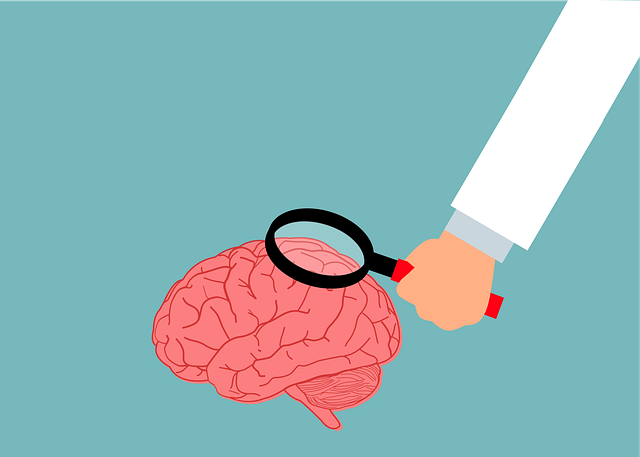Getting a concussion is an alarming experience. Concussions can occur from a sports injury, slip-and-fall accident, or other jolt to the head. They are a type of mild traumatic brain injury (mTBI) that can cause long-lasting effects to the brain and body. If you experience a concussion, seek help with a medical professional right away. Learn more about concussion treatment guidelines below.
What to do immediately following a concussion
If you’ve sustained a severe jolt or blow to the head, it’s important to get evaluated by a health professional. Athletes should immediately cease playing until they can be checked by an athletic trainer onsite. Additionally injuries to the head can develop if you continue normal activities or sports before the concussion is fully healed.
You may experience a few of the following symptoms after sustaining a concussion:
- Headache
- Nausea
- Vomiting
- Blurred or double vision
- Seeing stars or lights
- Difficulty balancing or feeling dizzy
- Sensitivity to light or noise
If you can, have a family member or friend drive you to a nearby hospital or urgent care. You should avoid driving, operating machinery, or being alone after your concussion since symptoms can develop even further 24-hours after initial injury.
The first few days after a concussion
Taking time to fully recover after a concussion is extremely important. Your brain has suffered a mild traumatic injury, so you may be feeling dizzy, nauseous, irritable, or anxious.
Concussions may also cause mild to extreme light sensitivity, so be sure to avoid screen time and video games. Staying as hydrated as possible while avoiding taxing activities like sports, chores, or physical fitness is also a must. It’s not only important to avoid physical activities, but mentally draining ones, as well.
Take a few days off from work, school, or any other demanding assignments. Give yourself time to rest and sleep for 8 to 10 hours per day. Check with your healthcare professional about which pain relievers might work for you, as some NSAIDs like ibuprofen can increase the risk of bleeding.
One week after a concussion
Initial symptoms typically start to improve one week after a concussion. This is when you’ll gradually start to get back to normal activities. It’s important to start slow, however. Start by introducing daily walks back into your jogging routine or pick up a physical copy of your favorite book instead of reading it on a tablet. Keep drinking plenty of water, maintain your sleep schedule of 8 to 10 hours per night, and avoid any unsafe physical activities.
Take breaks if you get tired or notice your symptoms worsening. If you don’t see an improvement within this time, check in with your healthcare professional.
Long-term treatment options
Any traumatic brain injury can leave a lasting impression. Although many symptoms dissipate within a week to a month of the initial injury, you may notice a difference in the way your brain processes information. That’s because brain injuries can have a significant impact on our cognitive functions.
After suffering from a concussion or traumatic or acute brain injury, you may experience the following:
- Fatigue
- Irritability
- Depression
- Anxiety
- Sleep issues
- Brain Fog
- Difficulty concentrating or memory issues
These issues can be addressed with the help of cognitive brain training. For more information on concussion treatment and cognitive brain training, contact The Hartman Center.
